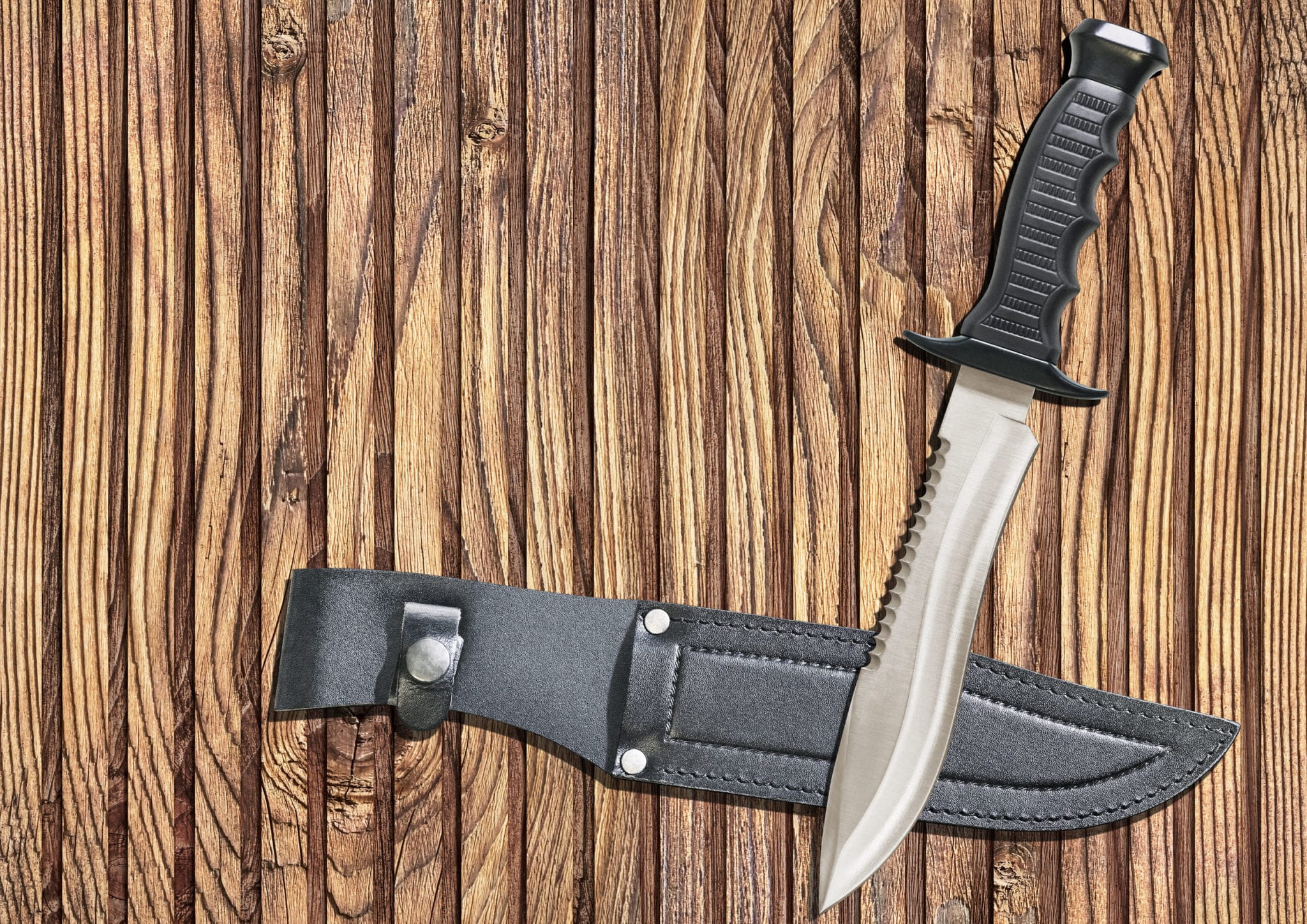Assault charges are serious across the country, but in North Carolina, most assault charges are only classified as misdemeanors. There is one big exception, though: assault with a deadly weapon.
Assault with a deadly weapon is a felony offense that threatens over a year behind bars, the temporary loss of your right to vote, and the temporary loss of your right to own firearms. Felony charges are serious, and can put a nasty stain on your criminal record.
If you are charged, however, it doesn’t necessarily mean that you will be convicted and have to face the penalties. By learning more about assault with a deadly weapon charges, you can fight back and protect your rights.
What Is North Carolina Assault with a Deadly Weapon?
There are three elements that make up an assault with a deadly weapon charge in North Carolina:
- The defendant committed an assault
- The assault was committed on another person
- The defendant used a deadly weapon in order to commit the assault
This is the basis for an assault with a deadly weapon case, but there are two more elements that determine the severity of the charge and the potential penalties:
- The defendant caused serious injury to another person
- The defendant had the intention to kill the person
Both of these elements do not have to be present in order for someone to be charged with assault with a deadly weapon. However, if either one of these elements are present, the charge is a Class E felony. Penalties for a Class E felony are 15-63 months behind bars.
If both of the elements are present, the charge is elevated to a Class C felony. Penalties for a Class C felony include 44-182 months behind bars. That is just over 15 years in prison.
How does North Carolina determine your sentence? Our state has specific rules for how to sentence felony crimes. In addition to the actual crime that was committed, judges look at your past criminal record. If there are felonies present, especially more severe felonies, you will probably end up looking at a longer sentence.
Related Charges in North Carolina
Many defendants who are accused of severe charges like assault with a deadly weapon will try to break down the elements of their charge and get a reduced sentence. While this is a strategy that could help you cut down a prison sentence, be aware of related charges in North Carolina for assault, especially if a deadly weapon was involved.
Related North Carolina assault charges include:
- Assault with a firearm or other deadly weapon upon governmental officers or employees, company police officers, or campus police officers: Class F felony
- Assault with a firearm on a law enforcement, probation, or parole officer…or a person employed at a detention facility: Class E felony
Felony charges may also apply if the defendant had a deadly weapon present but did not use the deadly weapon to commit an assault.
Defense Strategies for NC Assault with a Deadly Weapon Charges
Below are some common strategies used for this specific charge. Not all defense strategies may apply to your case, however. Reach out to a North Carolina defense lawyer to learn more about building the best defense for your specific situation.
Did Not Cause Serious Injury or Have Intentions to Kill
If you are charged with the most serious version of assault with a deadly weapon, your first move may be to break down the elements that make your charge a Class C felony. The difference between 63 and 182 months in prison is worth fighting for.
This can be done in a variety of ways. Break down the evidence that the prosecution has that you had intentions to kill or that you caused serious injury. The more evidence you can disprove, the more likely you will be able to face reduced charges.
Instrument Was Not a Deadly Weapon
Deadly weapons include firearms, knives, or any sort of instrument that can be used to kill someone. If you can prove that you did not have the intention to kill, your next step is to prove that the object you used was not a deadly weapon. This strategy might work for everyday objects, but may not be appropriate for an item like a gun or a knife.
False Accusation
Sometimes, you weren’t even involved in the incident at all. If you match the description of the assailant, but did not commit the crime, you will need to gather evidence showing that you were not the perpetrator. Conversely, the prosecution needs to prove that you were the assailant within reasonable doubt. If you are able to cast doubt on their evidence and arguments, you may be able to walk away free.
The two biggest takeaways here:
- Assault with a deadly weapon is an incredibly serious charge with very severe penalties in North Carolina.
- It is not only possible to fight back against charges, but well worth your time and effort to avoid consequences that could impact the rest of your life.










